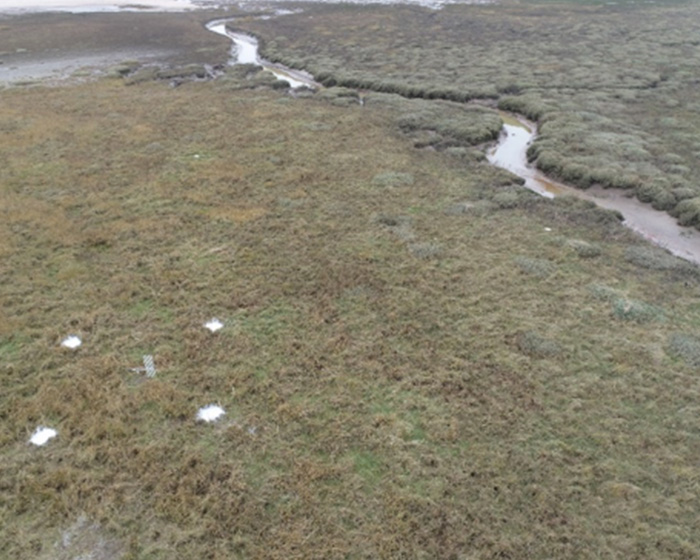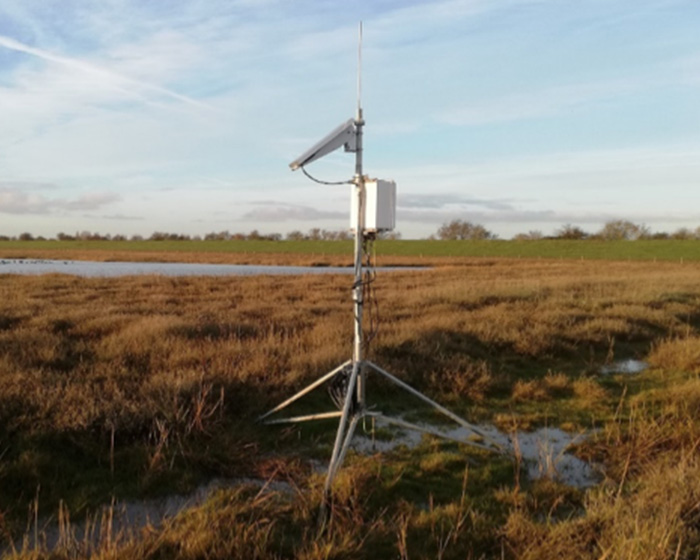Seasonal Weather Prediction
More reliable predictions of seasonal weather would be hugely beneficial to society. Although there has been some skill for winter, so far there is little predictability for summer in weather forecasting models. Now a major new NERC-funded research project led by Prof. Edward Hanna aims to transform the way forecasters model the effects of the jet stream and other atmospheric circulations on the weather of Britain and its near neighbours. Better seasonal weather forecasts are valuable not just for holidaymakers but also public policy, like authorities responsible for flood prevention, and particularly the food and farming industry - where a poor harvest caused by extreme weather can wreck livelihoods and push prices up for consumers.
The North Atlantic Jet Stream is a giant current of air which strongly influences seasonal weather conditions in Northwest Europe. Its strength and location can drive extreme weather events in the UK and nearby countries, like flash floods, freezing winters or scorching summer days. Until recently it was thought the jet stream was too unpredictable to effectively model in seasonal weather forecasts. Its behaviour is believed to be driven by a variety of factors, ranging from sea ice changes to fluctuations in solar radiation. Other atmospheric phenomena - like the infamous El Niño effect and even volcanic eruptions - are thought to shape its characteristics from one year to the next. Modern physics-based dynamical seasonal forecasting systems run on giant supercomputers have enhanced forecasting accuracy for winter months but seasonal forecasts of the summer climate in the UK and Northwest Europe have remained defiantly difficult to model consistently.
A team of climate scientists led by Prof. Hanna has been awarded UK Government research funding to develop innovative probabilistic statistical forecasts of the state of the North Atlantic jet stream. The researchers plan to combine a complex statistical method known as NARMAX and machine learning technologies to provide the UK and Northwest Europe with improved seasonal regional forecasts - including more accurate summer climate predictions. Pilot studies using the technique, published in a paper in the Quarterly Journal of the Royal Meteorological Society in 2019, have already shown promising results.
The three-year research project ‘Northwest European Seasonal Weather Prediction from Complex Systems Modelling’ has been allocated £650,000 UK Government grant funding from the Natural Environment Research Council (NERC), part of UK Research and Innovation (UKRI). It is a collaboration between the Universities of Lincoln, Oxford, Reading, and Sheffield, and involves the Met Office, the European Centre for Medium-range Weather Forecasts and various organisations from the agri-food sector.
Find out more about LCGR other research
Contact Us
School of Geography, College of Health and Science
University of Lincoln, Think Tank, Ruston Way, Lincoln, LN6 7DW
Tel: +44(0)1522 835820




